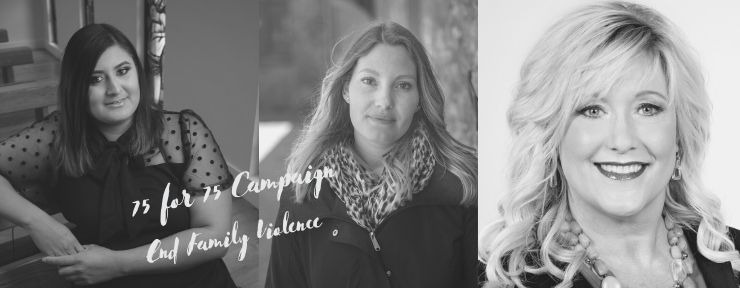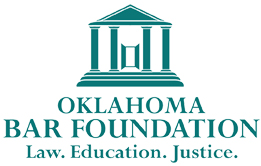Stacy’s Story
I am the CEO at The CARE Center and the founder of ROAR, a program that teaches children ages 4-8 to understand personal body safety, speak out against abuse, and identify adults who can help. This job is personal for me as a child abuse survivor. I am honored to provide healing services for children who have suffered the unimaginable. The children we help have experienced shame, guilt, and immense trauma before coming to our organization. When they leave, they feel empowered and free after being able to tell their truth about the abuse they have suffered. They also know that help and healing is on the way with our medical offerings, counseling, and long-term wrap-around services. Seeing a child at the end of their visit to CARE is my favorite part of my job. They are “lighter” and more hopeful.
The Oklahoma Bar Foundation has significantly supported our forensic interviewing program at The CARE Center, allowing us to serve 1836 children in 2020. We are immensely grateful for their support and belief in the children of Oklahoma County.
About The Care Center
Every seven seconds, a child abuse report is made in Oklahoma. This happens in every town and neighborhood in our State. The Care Center provides a comprehensive and safe place for children to tell their stories of abuse. A team of professionals – including law enforcement, DHS, medical, mental health, legal, and family advocacy personnel - work together on each case. This multidisciplinary team effort is a hallmark of child advocacy centers and provides a coordinated, joint response to abuse, with the child’s best interests in mind.
One of the most important services the Care Center provides for children is the forensic interview process. A trained forensics interviewer talks with the child to get the details of the story in an environment where the child feels safe. Before child advocacy centers existed, a child victim had to repeat the story of abuse to adults they did not know an average of seven times, including to doctors, police and attorneys, among others. Any discrepancies in the child’s story arising from the repeated telling could be used not only to prevent the arrest of the child’s abuser, but also to prevent the child’s safe placement in a different home.
Another benefit of forensic interviews relates to the court process. An abused child would often be called to testify in court in front of the person who abused them. This was terrifying for the child. Because, however, forensic interviews are videotaped and recorded, they can be used instead as evidence. The abused child no longer must endure the additional trauma of testifying in person.
According to the National Children’s Alliance, 98% of children treated by a Child Advocacy Center never go on to hurt another child.
According to the Office for National Statistics, 51% of untreated child abuse victims will become victims of domestic violence as adults.
Help us break the cycle! Donate to our 75 for 75 Campaign to end family violence.

